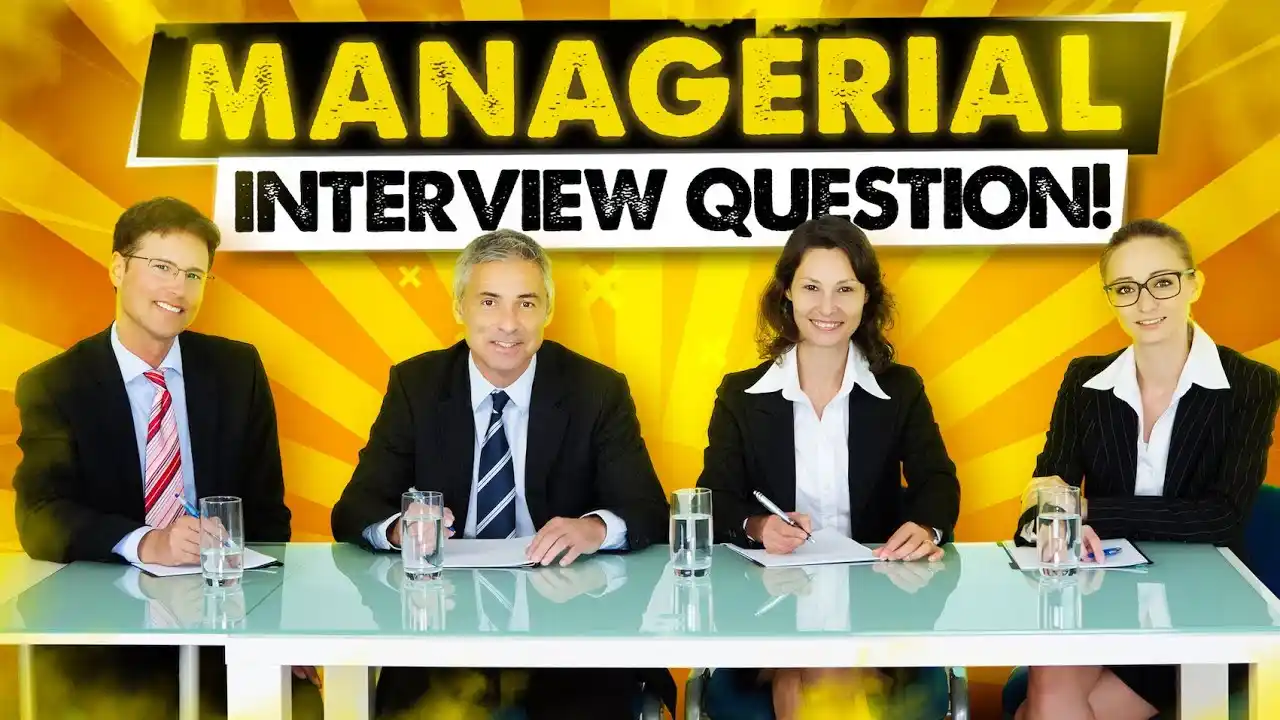The Complete Guide to HR Interviews
Human Resources (HR) interviews are a crucial part of the hiring process for almost every organization. These interviews are designed to evaluate a candidate’s personality, communication skills, cultural fit, and overall suitability for a role. While technical skills and expertise may get you to the interview stage, it is often the HR interview that determines whether you’re the right fit for the company’s culture and long-term goals.
cle provides a comprehensive overview of HR interviews, covering their purpose, common questions, preparation tips, and dos and don’ts to help you succeed.

Purpose of HR Interviews
HR interviews serve several purposes beyond just screening candidates. Here’s what employers aim to achieve through them:
- Assess Cultural Fit: HR professionals evaluate whether a candidate aligns with the organization’s values, mission, and culture.
- Gauge Communication Skills: Strong communication skills are essential for most roles, and HR interviews are an opportunity to assess how well a candidate can express themselves.
- Understand Career Goals: Employers use this stage to understand a candidate’s long-term goals and how they align with the company’s vision.
- Clarify Resume Details: HR interviews often involve questions about the candidate’s resume, including gaps, career changes, and achievements.
- Discuss Job Expectations: This is the stage where candidates and employers discuss expectations regarding the role, compensation, work hours, and company policies.
Vegetable Packer Job at MEOD PTE. LTD. Singapore
Common HR Interview Questions
While no two HR interviews are exactly alike, certain questions are commonly asked. Here are some of the most frequent ones, along with tips on how to answer them:
- Tell me about yourself.
- This is often the first question. Provide a concise summary of your professional background, key achievements, and what motivates you, tailored to the role you’re applying for.
- What are your strengths and weaknesses?
- Highlight strengths that are relevant to the job. For weaknesses, choose one that you are actively working on improving and explain how you’re doing so.
- Why do you want to work here?
- Research the company beforehand and mention specific aspects that attract you, such as its culture, reputation, or opportunities for growth.
- Where do you see yourself in five years?
- Share realistic and role-aligned career aspirations to demonstrate long-term commitment.
- Why are you leaving your current job?
- Avoid negativity about past employers. Focus on positive reasons, like seeking growth opportunities or new challenges.
- How do you handle stress or pressure?
- Provide examples of how you’ve successfully managed challenging situations, demonstrating resilience and problem-solving skills.
- What motivates you?
- Align your answer with the role, mentioning factors like achieving goals, learning new skills, or contributing to a team’s success.

How to Prepare for an HR Interview
Preparation is key to acing an HR interview. Here’s how to get ready:
1. Research the Company
- Understand the organization’s mission, values, products, and services.
- Review recent news or achievements to mention during the interview.
2. Review the Job Description
- Familiarize yourself with the skills and responsibilities required for the role. Be ready to discuss how your experience aligns with them.
3. Practice Common Questions
- Rehearse answers to common HR questions. Practice speaking confidently and clearly.
4. Prepare Questions for the Interviewer
- Asking thoughtful questions shows interest in the role and company. Examples include:
- What does a typical day look like in this role?
- How does the company measure success?
- What are the opportunities for growth and development?
5. Polish Your Resume
- Ensure your resume is up-to-date, error-free, and tailored to the role. Be prepared to discuss anything you’ve listed.
6. Dress Professionally
- First impressions matter. Dress appropriately for the company’s culture—formal for conservative industries and smart casual for creative environments.
Manager Primary Care Job Apply Here
Dos and Don’ts of HR Interviews
Dos:
- Be Punctual: Arrive 10-15 minutes early to show respect for the interviewer’s time.
- Stay Positive: Maintain a positive attitude throughout, even when discussing challenges.
- Be Honest: Authenticity is crucial. Don’t exaggerate achievements or lie about skills.
- Show Enthusiasm: Express genuine interest in the role and company.
- Listen Actively: Pay attention to the interviewer’s questions and respond thoughtfully.
Don’ts:
- Don’t Criticize Previous Employers: Avoid negativity, as it reflects poorly on your professionalism.
- Don’t Ramble: Keep your answers concise and relevant.
- Don’t Ask About Salary First: Wait for the interviewer to bring up compensation.
- Don’t Be Overconfident: Confidence is good, but arrogance can be a turn-off.

Handling Virtual HR Interviews
With remote work becoming more common, many HR interviews are now conducted virtually. Here’s how to prepare:
- Test Your Technology: Ensure your internet connection, camera, and microphone work well.
- Choose a Quiet Location: Find a distraction-free space with good lighting.
- Dress Professionally: Even for virtual interviews, professional attire is essential.
- Maintain Eye Contact: Look at the camera to create the impression of direct eye contact.
- Have a Backup Plan: Be ready with alternatives in case of technical issues.
Warehouse Worker Job at FedEx Supply Chain
Post-Interview Follow-Up
After the interview, it’s important to follow up with a thank-you email. Here’s what to include:
- Express Gratitude: Thank the interviewer for their time and opportunity.
- Reiterate Interest: Reaffirm your enthusiasm for the role and company.
- Highlight Key Points: Briefly mention something discussed during the interview that excites you.
Conclusion
HR interviews are more than just a formality; they are a critical step in securing a job. By understanding their purpose, preparing thoroughly, and approaching them with confidence and authenticity, you can make a lasting impression on your interviewer. Remember, an HR interview is not just an evaluation of your skills but also an opportunity to assess if the company is the right fit for you. Good luck!




